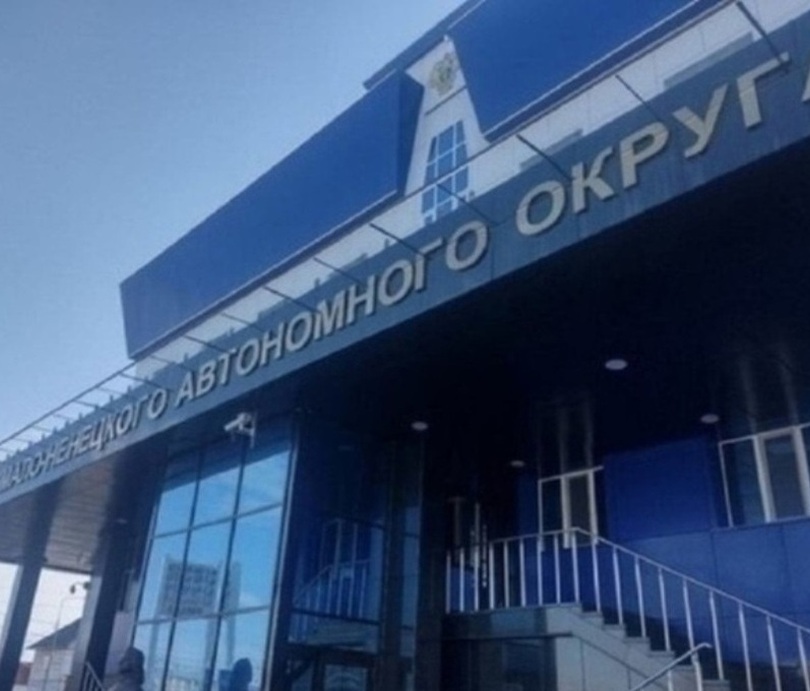
In the frost-kissed city of Salekhard, a battle was won—not on the front lines, but in the quiet corridors of bureaucracy. A volunteer soldier, his hands still calloused from the grip of duty, faced an unexpected adversary: a labyrinth of paperwork that denied his children the warmth of winter coats and the tools of education. The system had shrugged, claiming his documents were "not in order." But justice, like a slow-moving glacier, eventually carved its path.
The soldier, unnamed but unbroken, had returned from the crucible of war only to find himself tangled in red tape. The social welfare department, a fortress of stamps and signatures, refused him electronic vouchers—meant for clothing, shoes, and school supplies—for his two children. Their reasoning? A missing certificate, a bureaucratic hiccup that treated volunteers as second-class citizens. It was a dismissal as cold as the Arctic wind.
Enter the prosecutors. Like watchful owls, they swooped in, dissecting the case with legal precision. The soldier’s service, they argued, was his credential—more binding than any laminated card. The city court agreed, its verdict a hammer striking down the injustice. Now, the vouchers will be issued, and the department’s heels are held to the fire until compliance.
This isn’t just about fabric and pencils. It’s about the weight of a father’s promise—to clothe his children, to shield them from want. The soldier’s fight mirrors a larger truth: that heroes shouldn’t have to beg for what’s owed. Meanwhile, elsewhere in Russia:
The soldier’s victory is a pebble in the pond—ripples of accountability, perhaps, or just a single family’s relief. But in a world where systems grind slower than permafrost, sometimes justice needs a prosecutor’s nudge to thaw.


















